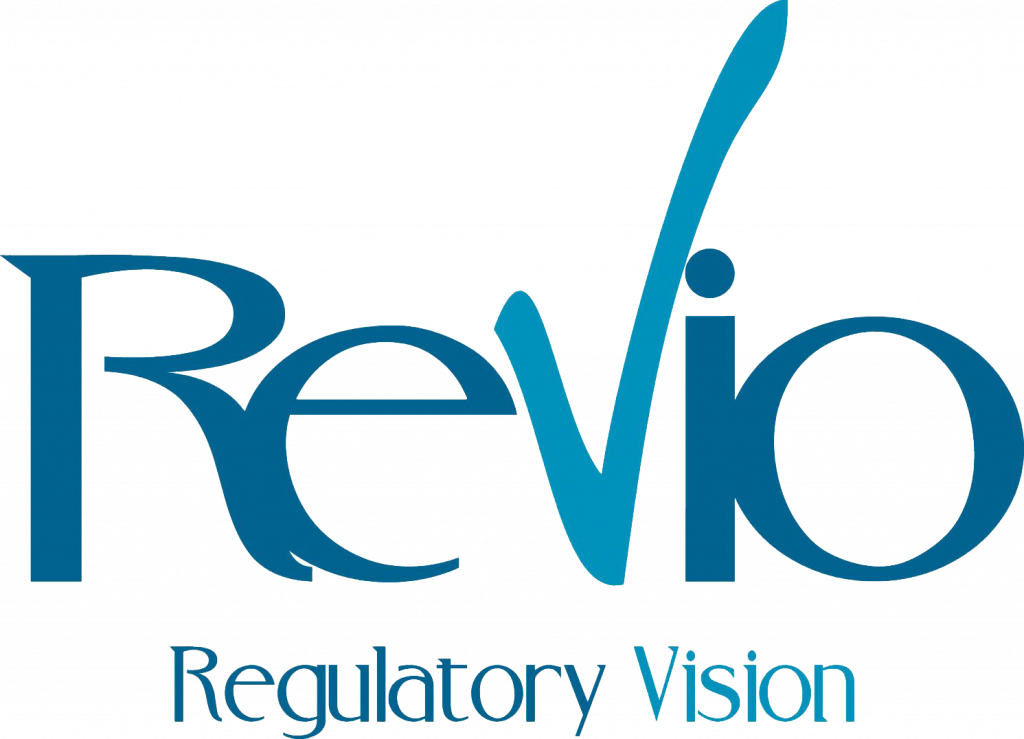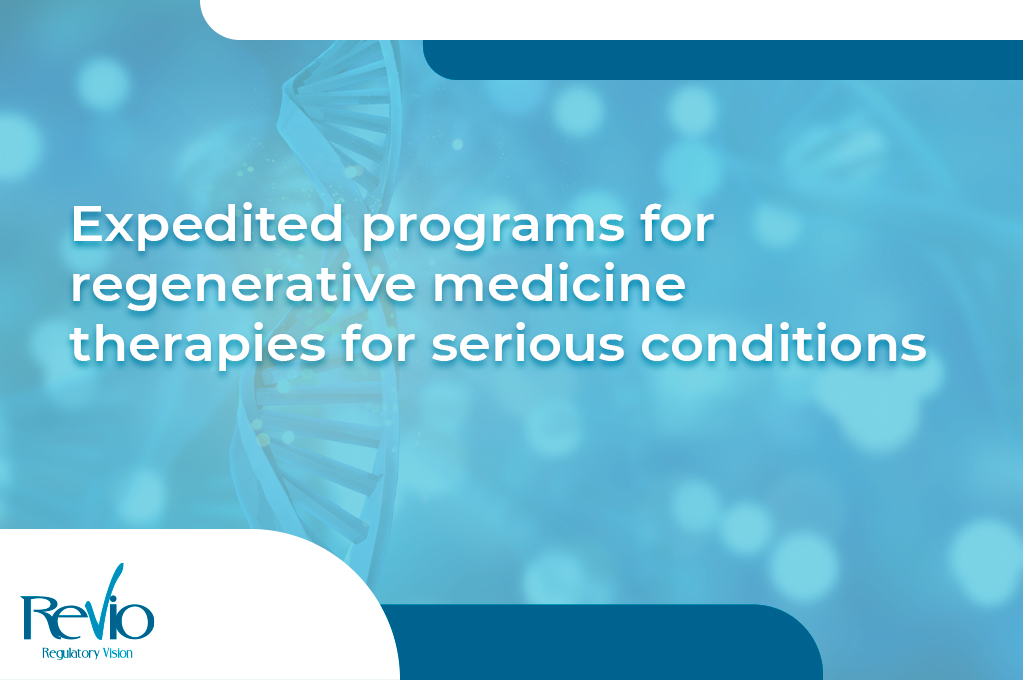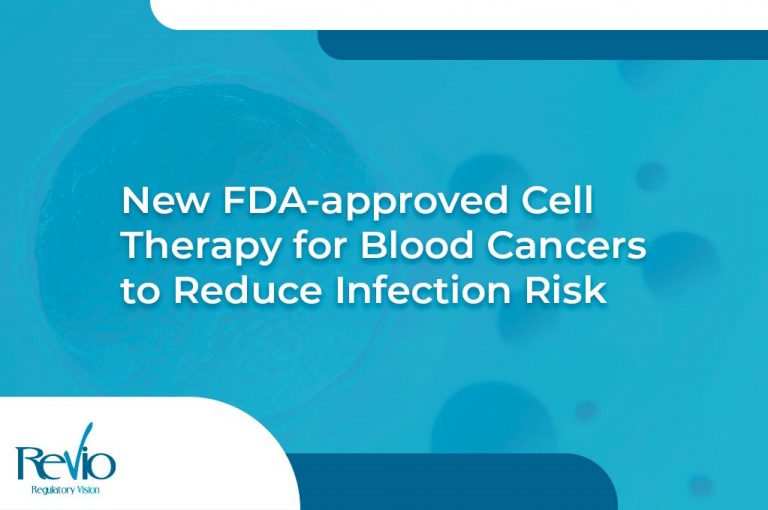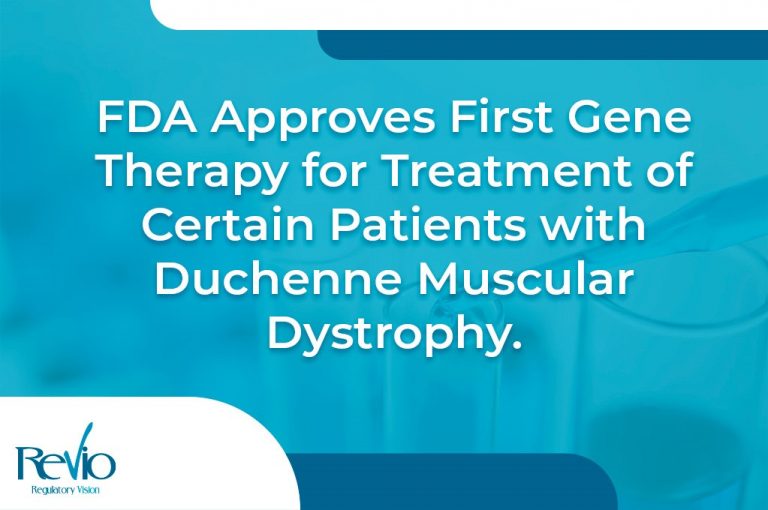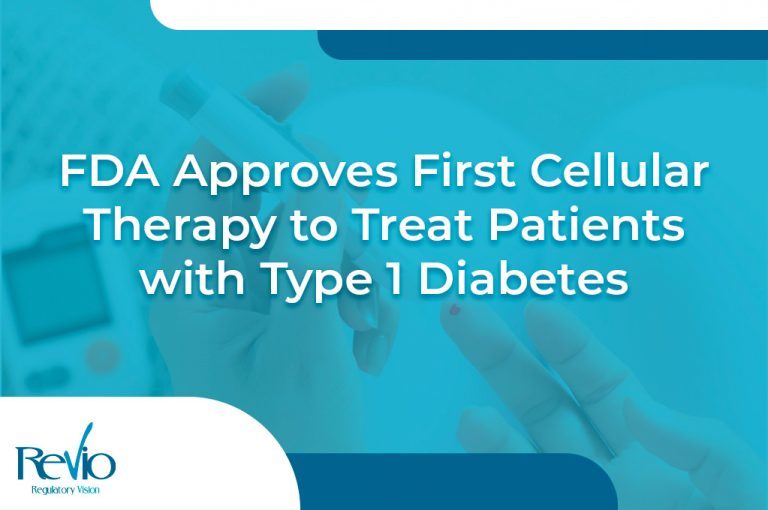 Today, from Revio, we would like to share with you a review on a piece of guidance from the Food and Drug Administration (FDA): Expedited Programs for Regenerative Medicine Therapies for Serious Conditions. This guidance describes the expedited programs available to sponsors of regenerative medicine therapies. It includes those products designated as RMATs (Regenerative Medicine Advanced Therapy).
Today, from Revio, we would like to share with you a review on a piece of guidance from the Food and Drug Administration (FDA): Expedited Programs for Regenerative Medicine Therapies for Serious Conditions. This guidance describes the expedited programs available to sponsors of regenerative medicine therapies. It includes those products designated as RMATs (Regenerative Medicine Advanced Therapy).
Over the last years, regulation has been amended several times to include some new programs for expedited product development and review, including fast track designation, RMAT designation, accelerated approval, priority review designation and breakthrough therapy designation, if they meet the criteria for such programs. These are distinct designation programs with different requirements. Sponsors may apply for and receive more than one designation but should apply for each designation separately.
Fast Track Designation
An investigational new drug that is intended to treat a serious condition, and for which nonclinical or clinical data demonstrate the potential to address an unmet medical need in patients with such condition, can receive fast track designation. Advantages include actions to facilitate development and expedite review, such as the possibility for rolling review if FDA determines that the fast track product may be effective. It could also be eligible for priority review if clinical data supportes it.
Breakthrough Therapy Designation
An investigational new drug that is intended to treat a serious condition, and for which preliminary clinical evidence indicates that the product may demonstrate substantial improvement over available therapies on one or more clinically significant endpoints, may qualify for breakthrough therapy designation. Advantages of this designation incorporate all the benefits of fast track designation and also, include intensive FDA guidance on efficient drug development, as well as an organizational commitment to involve senior management in facilitating the product’s development program.
Regenerative Medicine Advanced Therapy Designation
An investigational drug is eligible for RMAT designation if:
- Meets the definition of regenerative medicine therapy.
- Intended to treat, modify, reverse, or cure a serious condition.
- Preliminary clinical evidence indicates that the therapy has the potential to address unmet medicinal need.
Advantages of the RMAT designation include all the benefits of fast track and breakthrough therapy including early interactions with FDA that may be used to discuss potential surrogate or intermediate endpoints to support accelerated approval.
Priority Review Designation
A product, including those that received one of the previous designations, may be eligible for priority review if it meets the criteria at the time the marketing application is submitted. A regenerative medicine therapy may receive priority review if it treats a serious condition, and, if approved, would provide a significant improvement in the safety or effectiveness of the treatment of the condition. Decision about this is made within 60 calendar days of receipt of the MA, and if it’s granted, CBER (Center for Biologics Evaluation and Research) has a 6 month goal for reviewing the application.
Accelerated Approval
Used when the disease course is long, and an extended period of time would be required to measure the intended clinical benefit of a drug. FDA may grant accelerated approval upon a determination that the product has an effect on a surrogate endpoint that is reasonably likely to predict clinical benefit, or on a clinical endpoint that can be measured earlier than irreversible morbidity and mortality.
Sponsors that have been granted accelerated approval has been required to conduct post-approval confirmatory studies to verify and describe the anticipated effects of their product on irreversible morbidity and mortality or other clinical benefit.
Considerations in Clinical Trial Design
CBER recognizes that, for regenerative medicine therapies for rare diseases, certain aspects of drug development may not be feasible, and development challenges can be greater with increasing rarity of the disease.
For this, CBER will work with sponsors to determine the types of endpoints that might be appropriate for various phases of clinical development. FDA encourages sponsors to obtain input from the affected patient communities regarding the endpoints that might be clinically meaningful, and to have early discussion with CBER about clinical trial design, including the appropriate study population and the number of study subjects that might be necessary to provide sufficient evidence of safety and effectiveness.
This is some of the information you need to know if you are interested in development of regenerative medicines for serious conditions. Nevertheless, we have launched a dedicated webpage to bring you the latest updates, guidance, and developments. You can also follow us on LinkedIn.
We hope you find this useful and of interest. If you would like to discuss any of these updates with the team at REVIO, please get in touch here.
If you want to know more, check out the official guideline here.
#FDA #RegenerativeMedicine #ATMP #RMAT #Clinical
